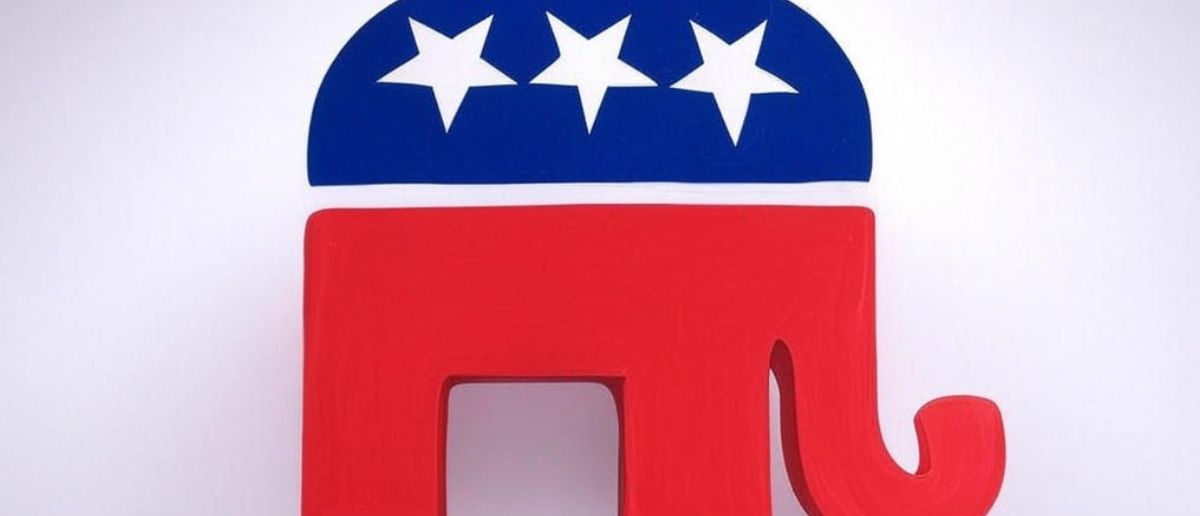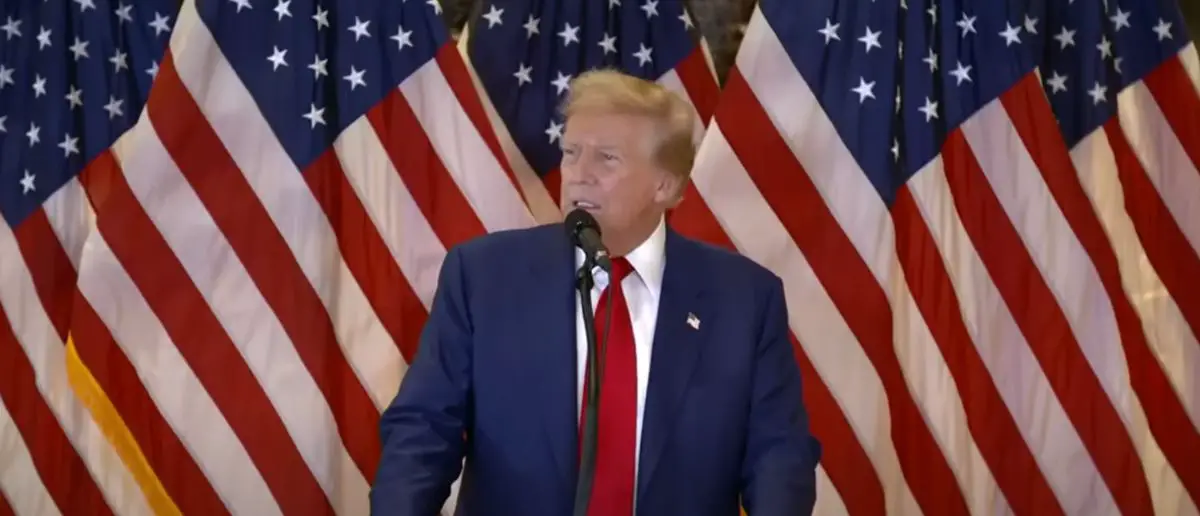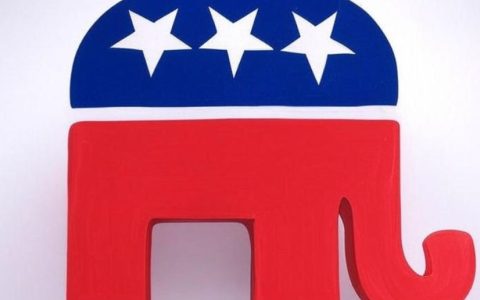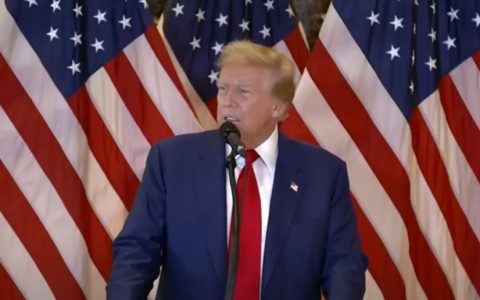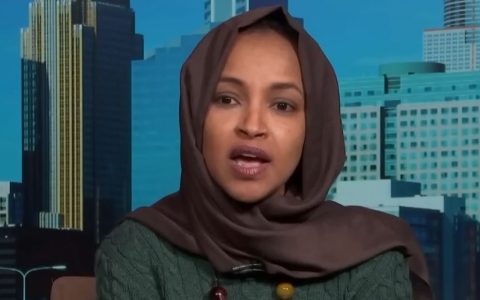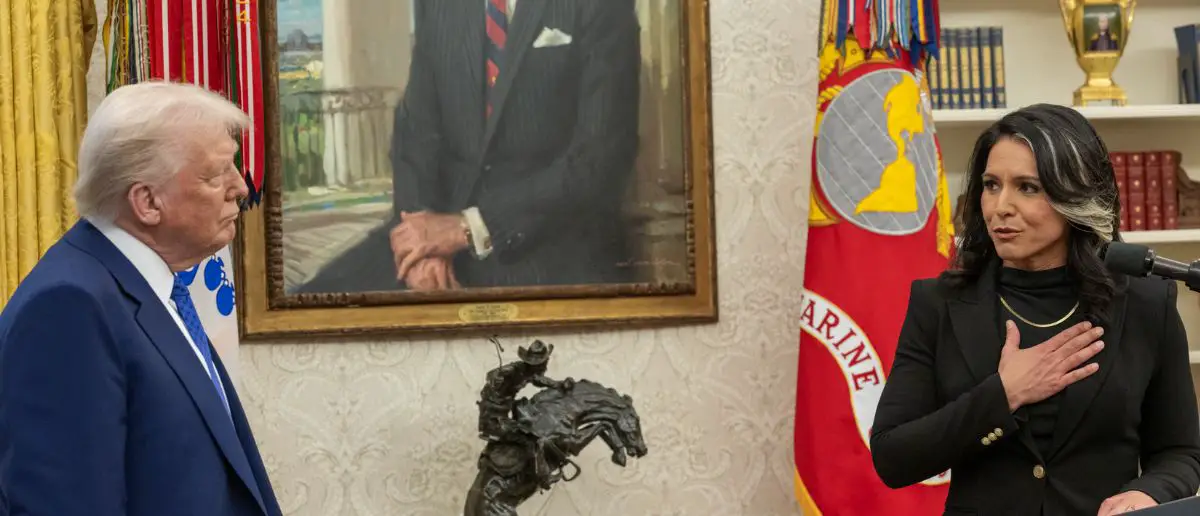
America has many enemies. And they could strike at any time.
Now U.S. intelligence sent out an urgent warning about an impending attack.
The Growing Specter of Nuclear Conflict
Director of National Intelligence Tulsi Gabbard has issued a dire warning about the escalating risk of a “nuclear holocaust,” condemning those she describes as warmongers for driving the world toward “the brink of nuclear annihilation.”
Her remarks come in the wake of a sobering visit to Hiroshima, Japan, a city scarred by the devastating nuclear attack in 1945. In a powerful three-minute video shared on social media Tuesday, Gabbard sought to awaken the public to the catastrophic stakes of current global tensions.
“This is the reality of what’s at stake, what we are facing now,” Gabbard emphasized, highlighting the unprecedented proximity to nuclear disaster. Her visit to Hiroshima served as a stark reminder of the human and environmental toll of nuclear warfare, fueling her urgency to address the issue.
Elite Complacency Amid Rising Tensions
Gabbard pointedly criticized political elites for inflaming conflicts among nuclear-armed nations, accusing them of acting with reckless disregard for the consequences.
“Because as we stand here today, closer to the brink of nuclear annihilation than ever before, political elite warmongers are carelessly fomenting fear and tensions between nuclear powers,” she stated.
She suggested that their confidence in accessing exclusive nuclear shelters—unavailable to the general public—may explain their apparent indifference to the risks.
The Director called on ordinary citizens to take action, stressing that the public must demand an end to this dangerous escalation.
“Perhaps it’s because they are confident that they will have access to nuclear shelters for themselves and for their families that regular people won’t have access to,” Gabbard noted. Her message highlights the disparity between the protections afforded to elites and the vulnerability of the overall population.
Struggles in Nuclear Diplomacy with Iran
Concurrently, President Trump voiced growing skepticism about securing a revised nuclear deal with Iran to halt its uranium enrichment program. In an interview with the New York Post’s Miranda Devine, Trump admitted, “I don’t know,” when questioned about the prospects of an agreement.
“I did think so, and I’m getting more and more — less confident about it,” he said, pointing to Iran’s apparent delays and shifting stance. “They seem to be delaying, and I think that’s a shame, but I’m less confident now than I would have been a couple of months ago. Something happened to them, but I am much less confident of a deal being made.”
Despite these challenges, Trump remains steadfast in his commitment to preventing Iran from acquiring nuclear weapons, a priority that grows more urgent as diplomatic efforts falter. The administration’s focus on this issue is complicated by ongoing U.S. efforts to broker ceasefire negotiations between Russia and Ukraine, as well as Israel and Gaza, which further strain global diplomatic resources.
A Call for Global De-escalation
Gabbard’s warning and Trump’s remarks highlight a precarious moment in international relations, where the interplay of nuclear ambitions and regional conflicts threatens global stability. The U.S. faces the dual challenge of managing its own strategic interests while mediating disputes among other nations.
Gabbard’s call for public action serves as a reminder that the consequences of failure in these efforts would be borne not by the elite, but by ordinary people worldwide. As tensions mount, the need for diplomatic breakthroughs and public advocacy for peace becomes ever more critical.

